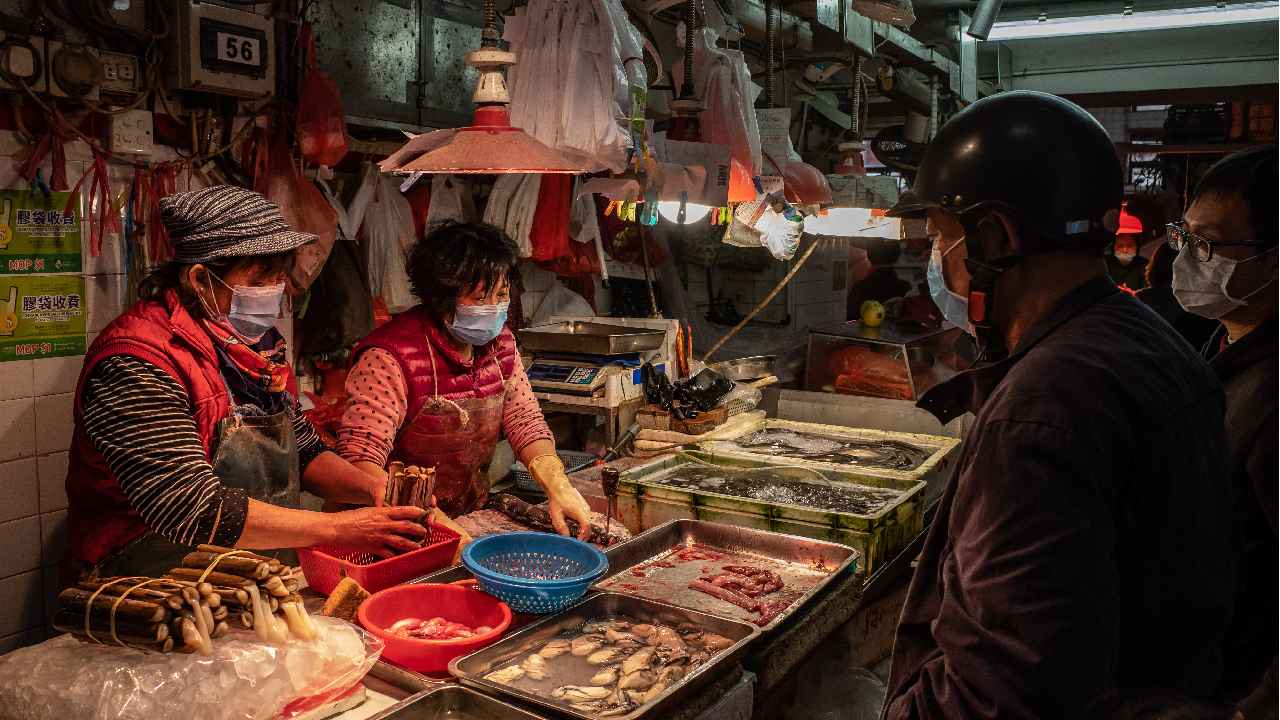Chinese wet markets still selling bats

As the number of new coronavirus cases in China continues to decline, customers are returning to wet markets across the country.
The COVID-19 first emerged in the Chinese city of Wuhan in late 2019, with the first few admitted hospital patients being linked to the city’s Huanan Seafood Wholesale Market, where a variety of wild animals were sold.
While it is believed that the new coronavirus came from bats and possibly other animals sold at the market, scientists are still tracking down the origin of the virus.
The market was shuttered on January 1, and China soon banned wild animals in markets, restaurants and online marketplaces.
However, a Daily Mail report found that animals such as bats and scorpions were still on offer in various cities across China over the weekend.
A medicine seller in a market in Dongguan, southern China put on a sign advertising bats and other animals, including scorpions and snakes.
“The markets have gone back to operating in exactly the same way as they did before coronavirus,” a correspondent told the outlet.
“The only difference is that security guards try to stop anyone taking pictures which would never have happened before.”
This is not the first time Chinese officials have attempted to contain wild animal trading over health issues. In 2003, civets were banned and culled civets after it was discovered they likely transmitted the SARS virus to humans.
Wild animals have been widely used in China for food as well as traditional medicine, clothing and ornaments.
